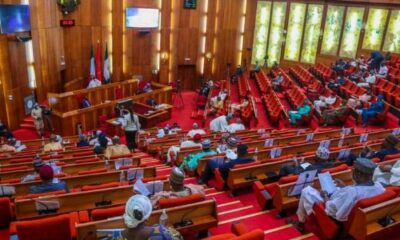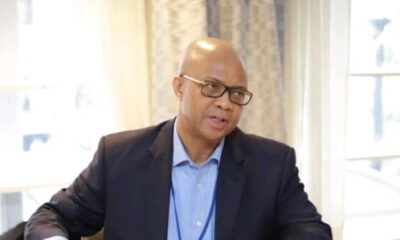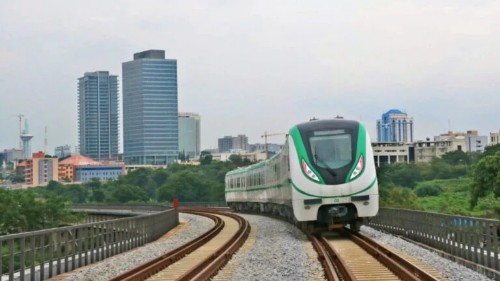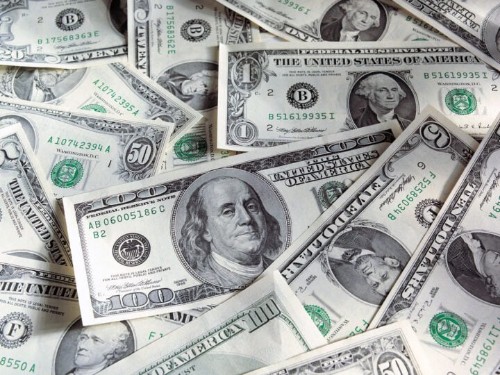BIG STORY
2016 FG Budget: Best For Kwara In 16years —- Governor Ahmed
-

 BIG STORY5 days ago
BIG STORY5 days agoJUST IN: Lagos State Government Seals Cubana Chief Priest’s Lagos Restaurant “The Donald’s” Over Noise Pollution
-

 BIG STORY4 days ago
BIG STORY4 days agoLagos Taskforce Arrests 54 Touts And Illegal Ticketers In Ongoing Crackdown
-
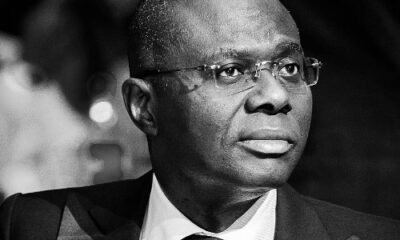
 BIG STORY5 days ago
BIG STORY5 days agoSanwo-Olu: Steadily Entrenching A Safer Lagos By Adeshina Oyetayo
-
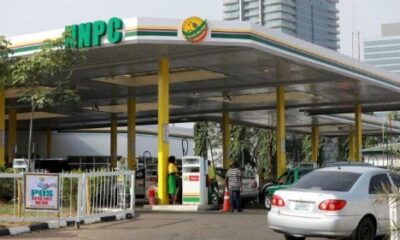
 BIG STORY4 days ago
BIG STORY4 days agoJUST IN: NNPC Releases Pump Prices Of Dangote Petrol, To Sell N999 In FCT, N950 In Lagos
-

 BIG STORY2 days ago
BIG STORY2 days agoPolice Arrest “Boko Haram’s Weapon Instructor”, Recover Machine Gun, Other Ammunition [PHOTOS]
-
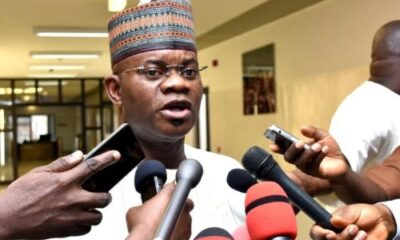
 BIG STORY2 days ago
BIG STORY2 days agoJUST IN: Yahaya Bello Has Honoured EFCC Invitation — Media Office
-

 BIG STORY3 days ago
BIG STORY3 days agoFirst Lady Remi Tinubu Unveils Fabric To Promote “One Nigeria,” Gifts Designer N25m
-

 BIG STORY1 day ago
BIG STORY1 day agoOsun Mortuary Attendants, 5 Others Arrested For Selling Human Parts, Water Used To Bathe Corpses










